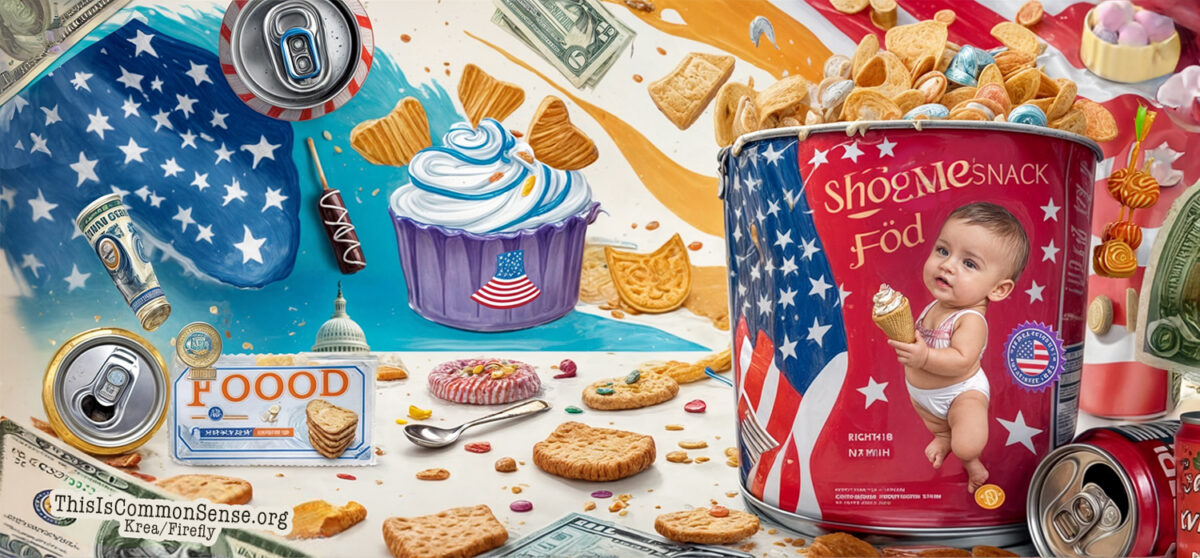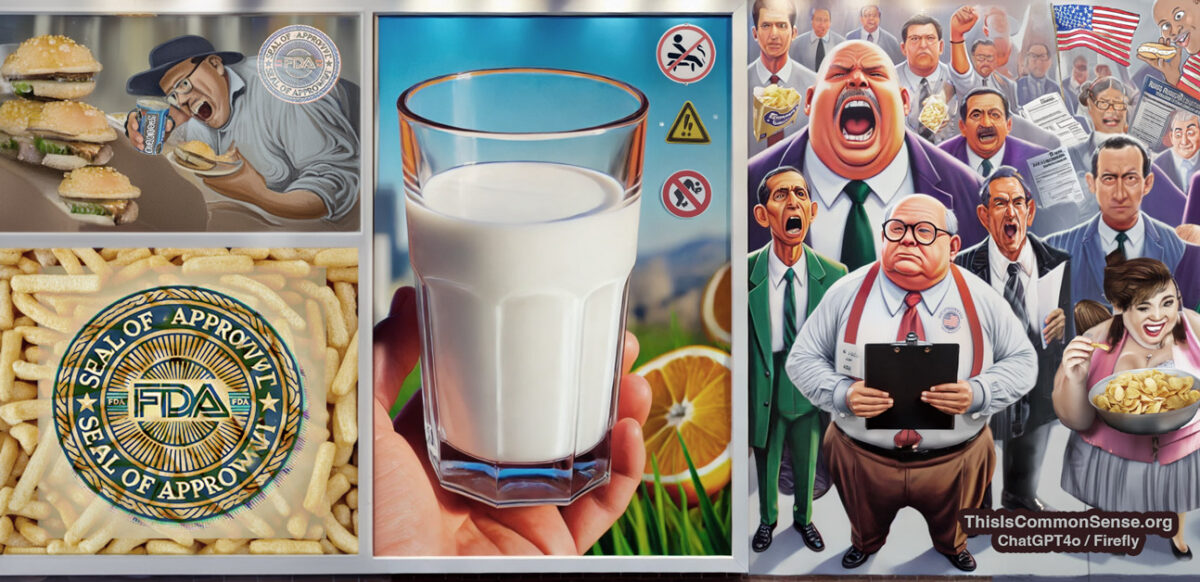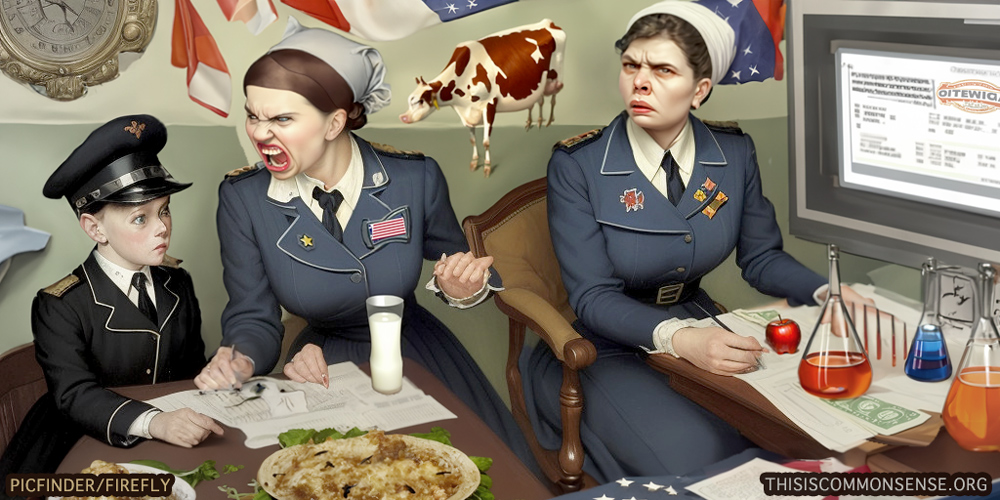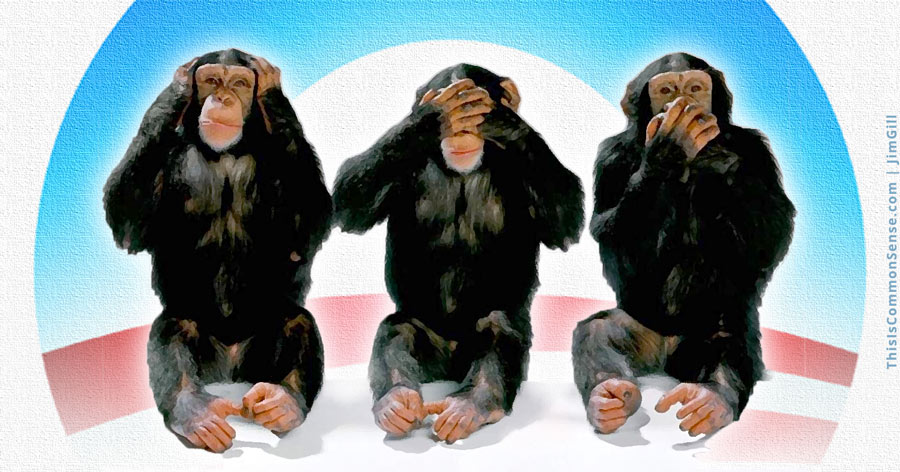Scott Jennings reports on what he calls “a political earthquake”: both the American Society of Plastic Surgeons and the American Medical Association have “gone on the record saying the same thing. There is insufficient evidence to justify ‘gender transition surgeries’ for minors, and these surgeries should generally be deferred to adulthood.”
The ASPS made its statement on February 3, which the New York Times explained was prompted by “a lack of quality research on the long-term outcomes for young people who had undergone surgical interventions like mastectomies and cited ‘emerging evidence of treatment complications and potential harms.’”
The next day, the AMA, the nation’s largest medical organization, spoke up.
When this issue came to the fore a few years ago, the usual response was “this is only happening to a tiny group of young people, if any.” Now, according to TheTimes, a review of “hospital data from 2016 through 2020 identified about 3,600 patients aged 12 to 18 who had received gender-related surgery. The vast majority were mastectomies.”
The Times references a York University social scientist studying “transgender medicine” who attributes the new positions, in part, to “the growing political backlash over gender-affirming care.” Just as Scott Jennings judges these two big turnarounds as huge blows to “the left,” which has supported those surgical practices in the cause of gender-fluidity and ‑identity along with inclusion and whatnot.
By advising against major irreversible interventions into the maturation process of young people, ASPS and the AMA have, at the very least, made a long-overdue advance for Common Sense.
I’m Paul Jacob.
Illustration created with Nano Banana
See all recent commentary
(simplified and organized)
See recent popular posts












